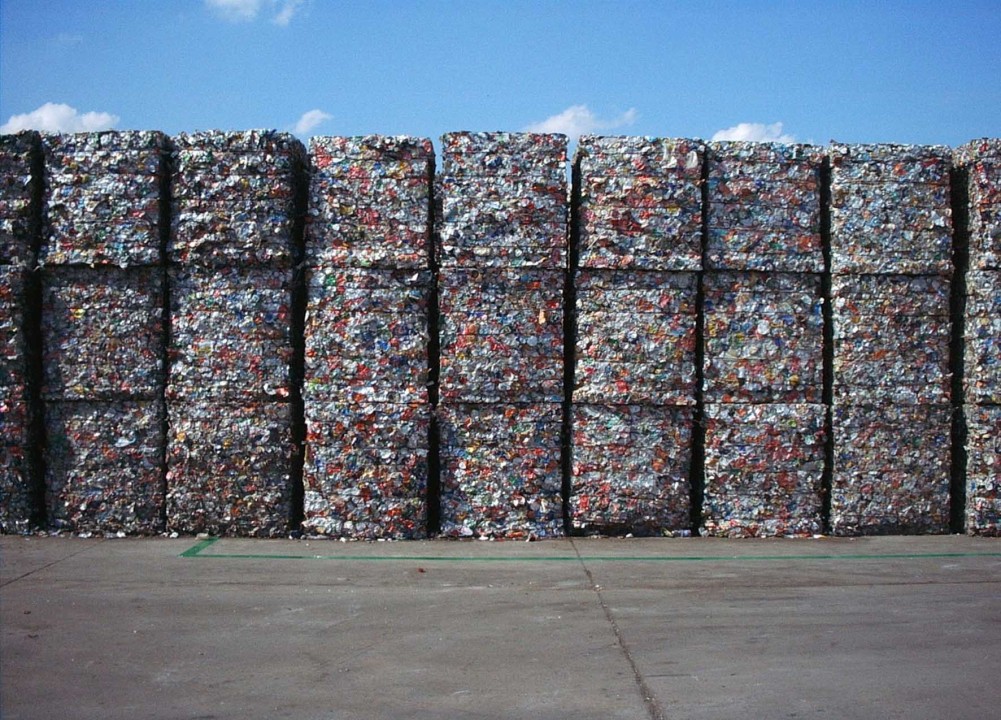Our Pelican® Solid Recovered Fuel (SRF) conveying and feeding systems have been chosen by Heidelberg Materials to reduce the use of pet coke at one of its state-of-the-art cement plants. This is a key step for the cement plant, both technologically and environmentally, by which it will increase its replacement of fossil fuels with alternative fuels by up to 90%, more than 20 years ahead of the Decarbonization Roadmap outlined by CEMBUREAU, the European Cement Association.
The Entsorga solution will combine systems for storage, batching, and mechanical and pneumatic feeding of SRF to both the main kiln and pre-calciner, with a total capacity of 15 t/h. The design and design choices follow the path, shared with Heidelberg Material’s engineering section, of reduced land occupancy and efficiency.
CSS and cement plants, an established circular economy best practice in Europe
An established practice in Europe for decades-especially in Germany, France, Austria and the Scandinavian countries-the use of alternative fuels in cement kilns is recognized as a Best Available Technique (BAT) and encouraged by CEMBUREAU, which has set a goal of increasing the rate of alternative fuel use to 60% in 2030 and 90% by 2050. An ambitious milestone, which will bring environmental and economic benefits to the entire sector. It has been calculated that replacing traditional fossil fuels with alternative fuels, including locally sourced SRF, by 2030 will save between 41 and 47 million euros annually.
Not to mention that the transition to alternative fuels also enables the development of a virtuous supply chain at the local economy level, turning waste into a resource. Energy recovery by valorizing SRF indeed avoids the disposal of non-recyclable waste in landfills or incinerators, thereby reducing management costs for territories.
The potential of the Italian market
And in Italy? The SRF market is still struggling to take off. To date, the fuel mix used for clinker production is still heavily focused on coal and pet coke: in 2021 the substitution rate of fossil fuels with alternative fuels was 22% with 321,629 tons of CSS, compared to the European average is 52.2% (Source: Federbeton). Thus, while cement manufacturers are forced to source pet coke from abroad, incurring very high energy costs and losing competitiveness in the international market, on the other hand, SRF producers export 70% of it, dispersing an economic and energy value that could remain in our country.
The potential of the sector is vast, and we at Entsorga are ready to support its development by offering complete systems that range from SRF production to storage, handling, and feeding SRF to cement kilns, like those recently chosen by Heidelberg Materials.

